Massachusetts Bill Proposes Landlords Cover Broker Fees to Ease Rent Burden on Boston Tenants
A new bill proposed in Massachusetts could significantly impact the rental market by shifting the responsibility of broker fees from renters to landlords. This legislation aims to make renting more affordable for tenants by eliminating broker fees, which can cost up to one month's rent.

Addressing Boston's Housing Affordability Crisis
Boston, known for its high rental prices, has seen an ongoing struggle with housing affordability. Supporters of the bill argue that by removing the burden of broker fees from tenants, it could provide immediate financial relief and make renting more accessible. The Greater Boston area, which includes neighborhoods such as Cambridge, Somerville, and Brookline, stands to benefit significantly from this change.
Potential Impacts on Rent Prices
Critics, however, contend that the bill might lead to higher rents overall. They argue that landlords could pass on the broker fees to tenants through increased monthly rents, potentially negating the intended affordability benefits. This perspective raises concerns about the long-term effects on the rental market and overall housing costs in Boston.
Rent Control and Tenant Protection
In addition to broker fee changes, another bill under consideration aims to limit annual rent increases in Boston to 6-10%, tied to the Consumer Price Index (CPI).
This measure could help stabilize rental prices but also faces opposition from those who believe it may restrict landlord flexibility and investment potential.
Key Provisions of the Proposed Rent Control Bill
- Affordability: Capping annual rent increases aims to make renting more affordable, addressing Boston's housing affordability crisis. Critics, however, worry that increased regulatory burdens could lead to higher rents.
- Landlord Flexibility: Limiting rent increases could constrain landlords' ability to adjust rents to market rates, potentially impacting profit margins and investment in property improvements.
- Tenant Protection: The bill includes provisions to protect tenants from unjust evictions by requiring landlords to show "just cause" for terminating tenancies. This could restrict evictions to cases like non-payment of rent and prohibit evictions without advance notice and a court order.
- Exemptions and Incentives: The bill exempts new construction from rent caps to maintain incentives for building more housing. This aims to balance rent regulations with the need for new market-rate housing development.
- Economic and Social Implications: The proposed legislation could require landlords to adapt their business strategies to comply with new regulations, potentially affecting the quality and dynamics of the rental market.
Balancing Tenant Protections and Housing Development
Other cities with rent control policies have implemented various strategies to balance tenant protections with incentives for new housing development. These include:
- Exemptions for New Construction: Many rent control ordinances exempt newly built properties to encourage development while protecting existing tenants.
- Vacancy Decontrol/Control: Policies vary between allowing unrestricted rent increases upon vacancy and maintaining controls to ensure tenant stability.
- Pass-Throughs: Allowing landlords to pass certain maintenance and improvement costs to tenants, promoting property investment.
- Complementary Tenant Protections: Implementing just cause eviction rules and anti-retaliation policies to prevent landlords from circumventing rent control regulations.
- Oversight and Administration: Establishing rental registries and data collection systems funded through landlord fees to monitor and enforce rent control measures.
Insights from Digital Realty
As a real estate broker at Digital Realty, it's crucial to stay informed about these legislative changes and their potential impact on the Greater Boston rental market.
Whether you're a landlord, tenant, or investor, understanding these shifts can help you make more informed decisions and navigate the evolving landscape.
For more information on the latest real estate trends and insights, subscribe to our newsletter and stay connected with Digital Realty.
Categories
Recent Posts

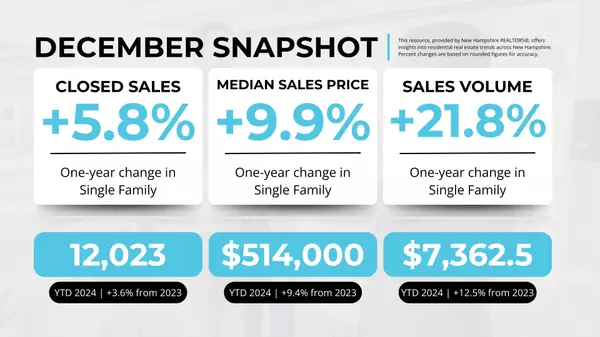
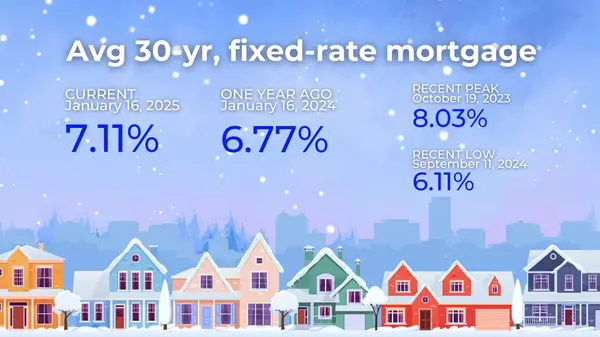
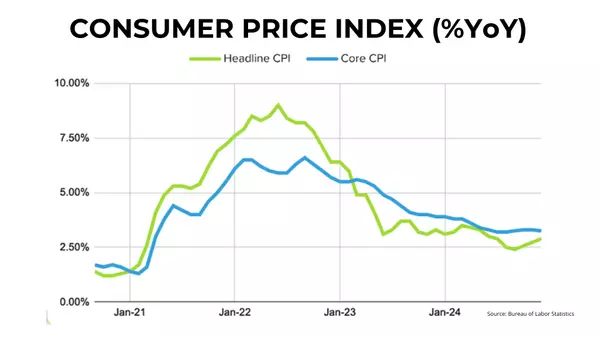

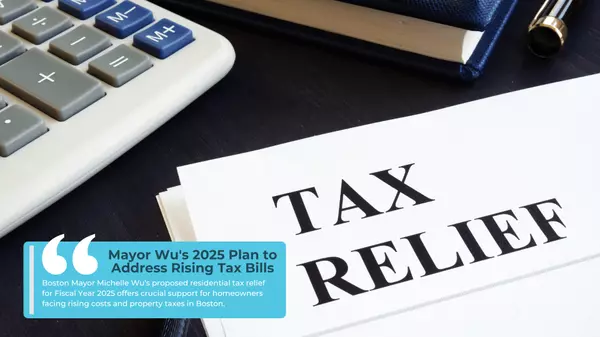
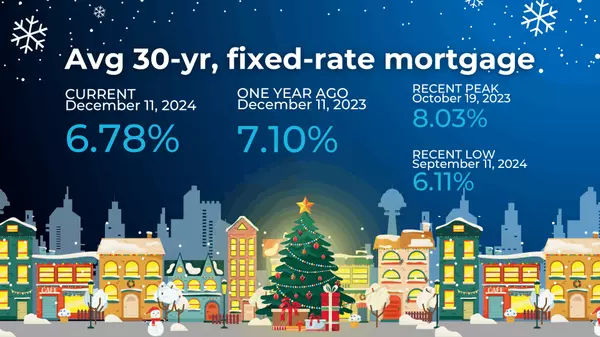

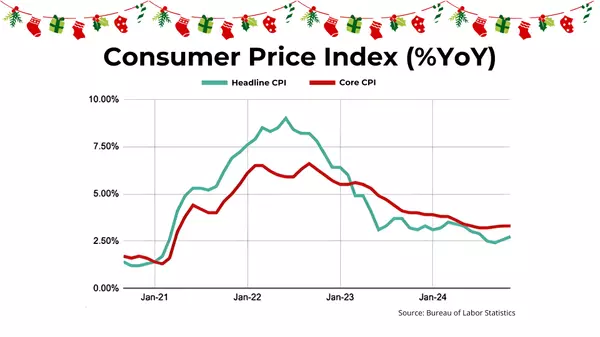

GET MORE INFORMATION

